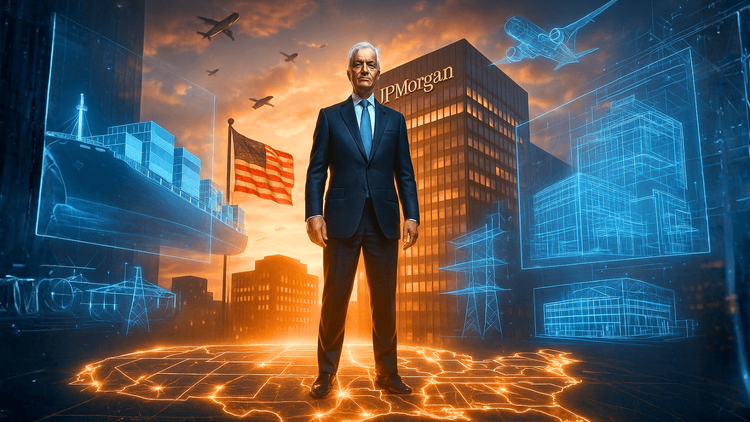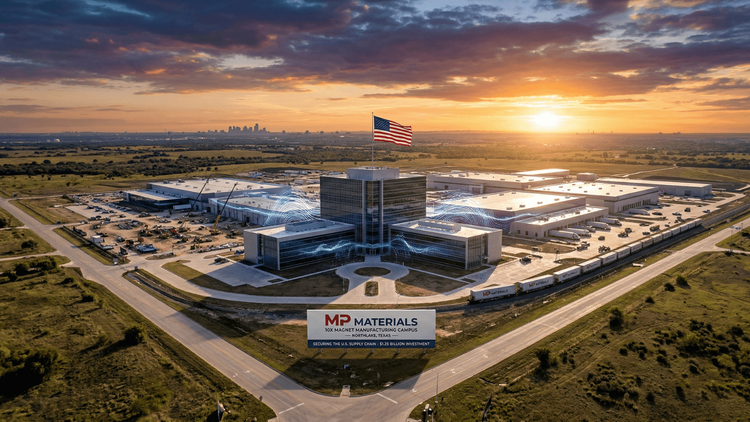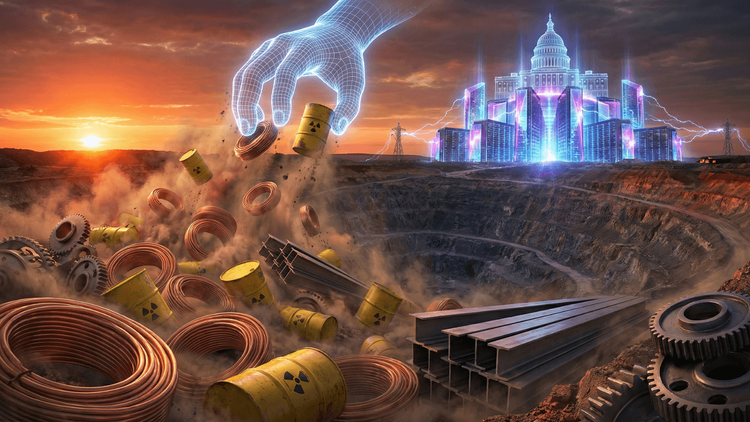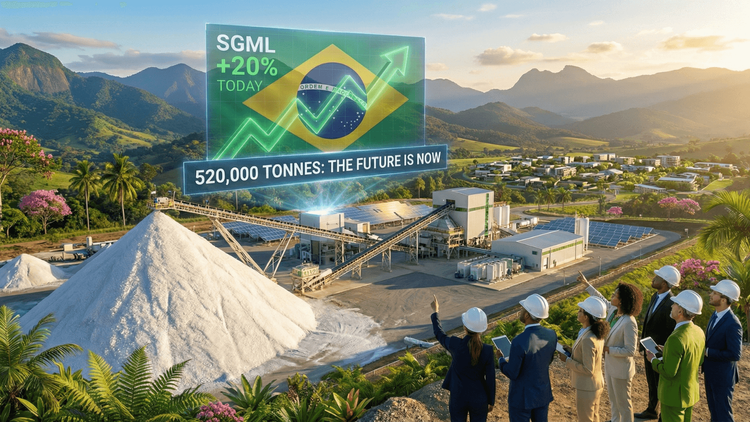JPMorgan Launches $10 Billion Push to Fortify U.S. Supply Chains
JPMorgan’s $10 billion investment drive redefines the role of finance in America’s national security, blending Wall Street power with Washington’s strategic agenda.

In a decisive move that blurs the lines between finance and national defense, JPMorgan Chase has announced plans to invest up to $10 billion in American companies deemed vital to U.S. security and economic resilience. The initiative, unveiled on October 13, 2025, marks a turning point for Wall Street’s largest bank, signaling not just a financial play but a patriotic pivot in an increasingly fractured global economy.
At the heart of this push is a clear objective: to strengthen America’s industrial and technological backbone across defense, energy, and advanced manufacturing sectors. JPMorgan’s CEO Jamie Dimon framed it as a call to arms for corporate America, warning that the U.S. has “allowed itself to become too reliant on unreliable sources of critical minerals, products and manufacturing.” His words echoed growing concern in Washington about the nation’s dependence on foreign supply chains, particularly as tensions with China reach new highs.
A Ten-Year Commitment to National Strength
The $10 billion commitment is just one piece of a far larger puzzle. JPMorgan’s new “Security and Resiliency Initiative” will form part of a decade-long, $1.5 trillion plan to finance, facilitate, and invest in industries deemed essential to U.S. strategic interests. The bank said it will deploy the funds through direct equity and venture capital investments, targeting sectors where government and private industry are increasingly aligned: defense and aerospace, energy independence, supply chain infrastructure, and frontier technologies such as artificial intelligence and quantum computing.
Shares of JPMorgan rose over 1% following the announcement, underscoring investor confidence that this move could position the bank as a central player in reshaping America’s industrial landscape. Dimon, who has often criticized bureaucratic red tape and regulatory bottlenecks, was blunt in his assessment. “America needs more speed and investment,” he said, calling for policies that enable faster development of critical infrastructure and manufacturing capacity.








